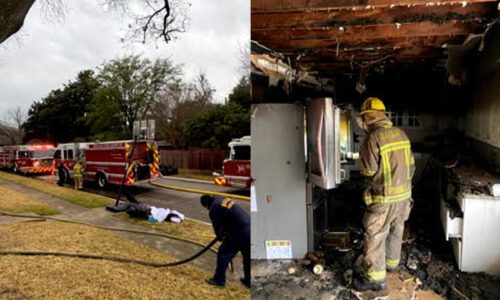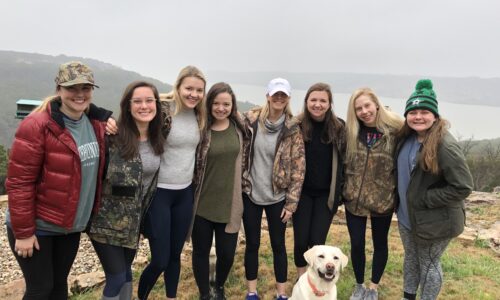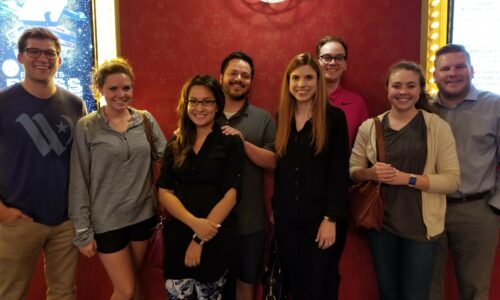Being intimately known and seeing new perspectives
September 02, 2021 by Kayleigh Dilworth


For the last 15 months, my Wednesday nights have been spent discussing Scripture and growing in community with my Small Group. It’s been the biggest source of encouragement as so many of us have gone through major life changes: graduations, new jobs, moves to different cities, promotions, grad/law school, engagements, and so many other milestones.
We love to grab brunch after church, coffee on the weekend, have movie nights, and find ways to connect beyond our weekly meetings. We also love an excuse to throw a good party—my favorites include our group’s first birthday party and Christmas cookie/book exchange.
Our Small Group was formed by Sarah Beard, former Wesley House minister, in June of 2020. The group was open to any female in her 20s who wanted to participate in the six-week reading plan through the Book of Acts. As recent graduates, the Small Group Launch came at the perfect time, and Sarah Beard encouraged me and a few of my friends to join and stay involved with HPUMC.
My small group started during the pandemic when so many of our lives looked different—back in our childhood bedrooms, too many hours spent on Zoom, and no idea of what would come next. However, this small group could not have come at a better time because it stepped in to seamlessly fill that transition period and provided connections when we needed it most.
It quickly became a routine and something to look forward to regardless of how crazy our weeks might have been.
During the pandemic, we used the time to focus on deepening our faith and reliance on Jesus while building a strong foundation. Over the last year, these women have not only become confidants, teachers, and encouragers, but also some of my closest friends.
While the group members, reading plans, and organization have changed, we have consistently met every week to discuss Scripture and remained focused on our mission to become more deeply devoted followers of Jesus.
The style and format of our small group meetings have also evolved over time. Before each reading plan, we poll to determine the best way to structure the small group and see what everyone wants to focus on over the next few months.
Each week our group members volunteer to lead different sections of the reading. We start each meeting by sharing our high, low, and buffalos (something fun or random) for the week. We then go section by section through the reading and discuss things that stood out or brought up questions.
The last thing we discuss is what in the reading made the biggest impact, spoke to us, or taught us something new over the last week. Finally, we wrap up with everyone sharing their prayer requests and praying over someone else in the group.
Over the last year, I've grown my faith through my small group by reading the Bible with “adult eyes” and challenging some of the sugar-coated Sunday school stories. I love that my small group allows for us to bring our doubts and confusion and take comfort in the fact that we are not alone in our wrestling. Although some lessons have been difficult, I have felt beyond supported to ask questions and develop my understanding of what it means to be a Christian.
I am so incredibly thankful each week for the women in my small group—they are some of the most sincere, committed, and encouraging people that I’ve ever met. I love that being in a small group allows you to see God with new perspectives. We all come in with different backgrounds, understandings, and struggles, but putting all of the pieces together paints a more vivid picture of who God is and who we are called to become.
When Sarah Beard asked me to take over leadership of our small group after Acts, I felt anything other than deserving or qualified. Although I had led small groups in college, I questioned my ability to do a good enough job for people who were going to be older and probably more knowledgeable of the Bible.
However, one of the biggest lessons that I’ve learned over the last year is that you don’t need to have read all of the right Bible stories or have the right answers for everything, you just need to be willing to show up and ask questions.




